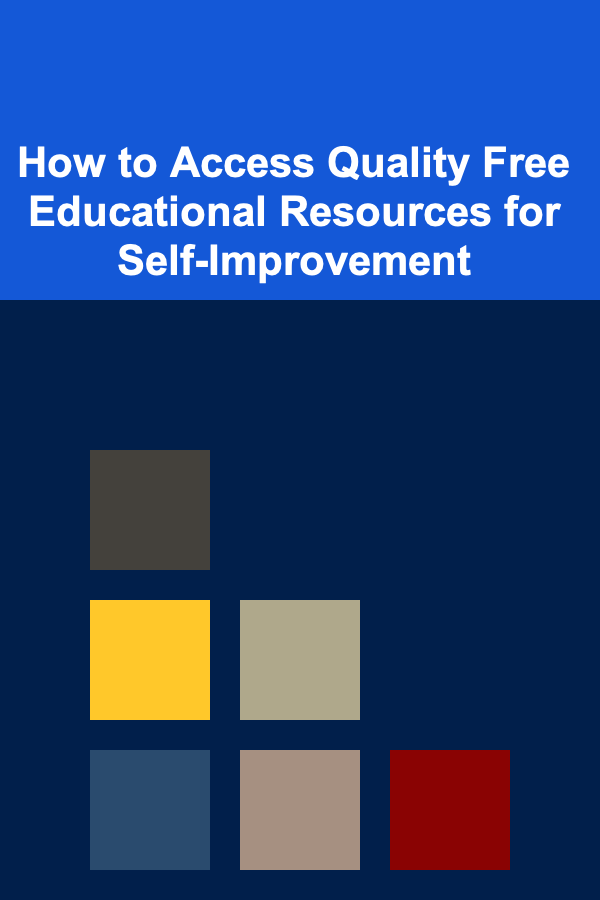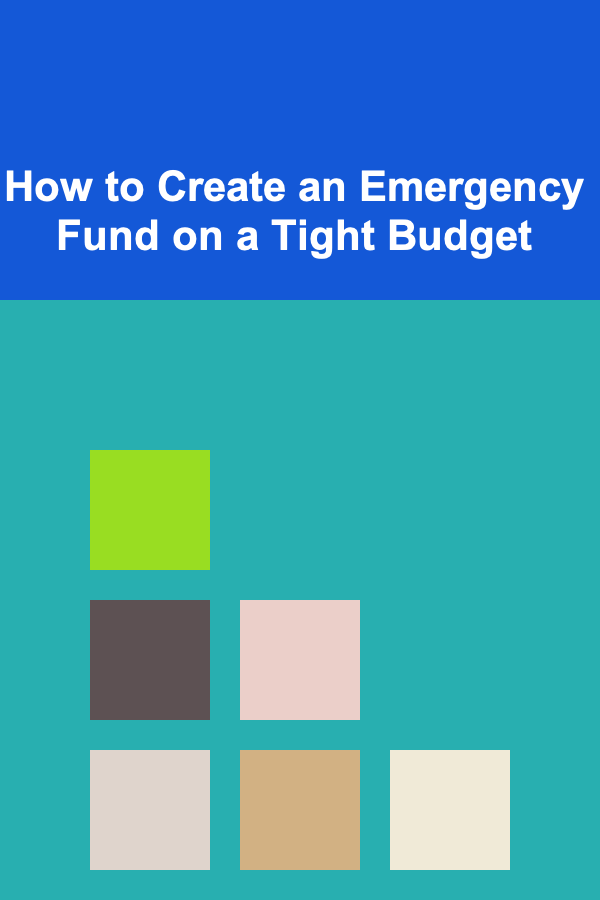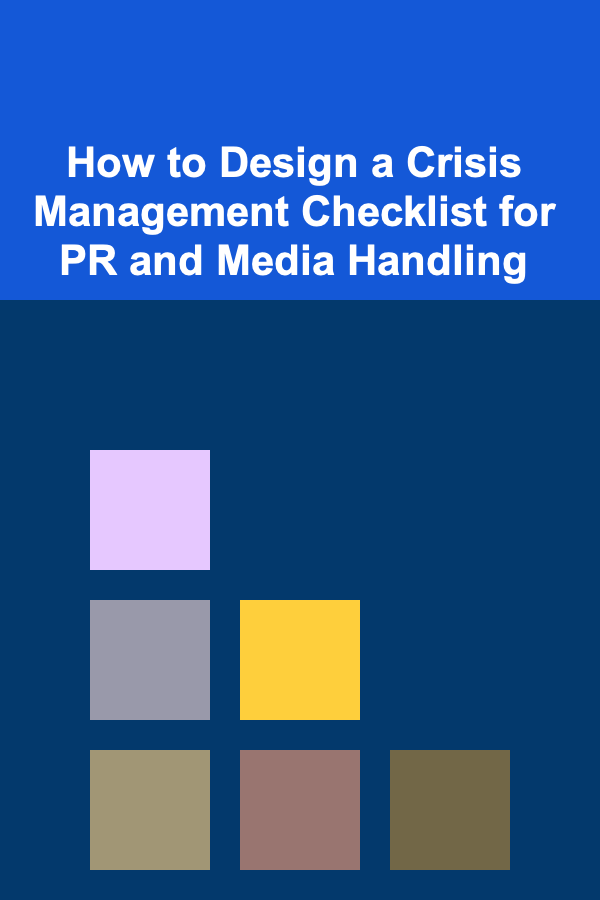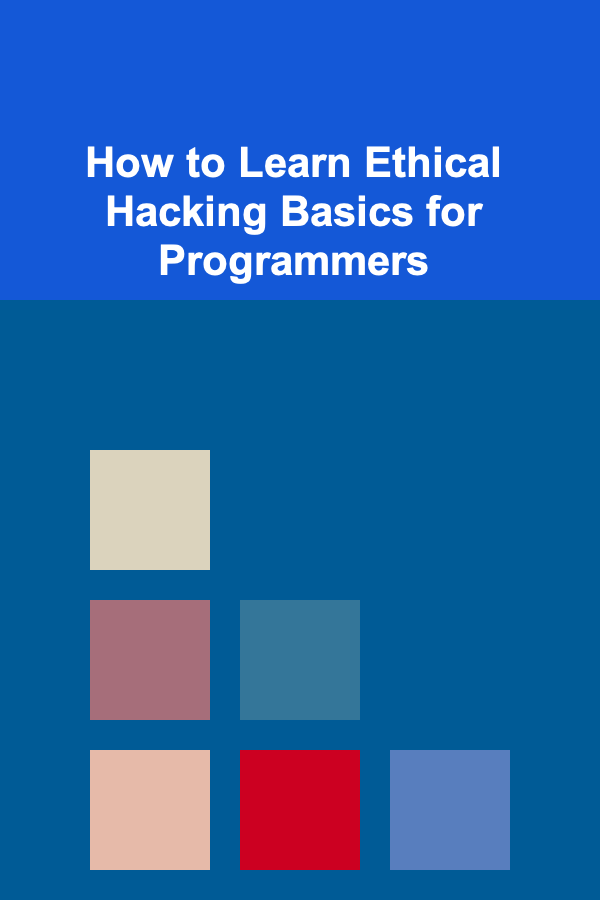
How to Access Quality Free Educational Resources for Self-Improvement
ebook include PDF & Audio bundle (Micro Guide)
$12.99$8.99
Limited Time Offer! Order within the next:

In today's fast-paced world, the pursuit of self-improvement is a journey that many of us are committed to. Whether you're looking to learn a new skill, enhance your existing knowledge, or simply expand your horizons, free educational resources are an invaluable asset. The internet is flooded with platforms, articles, videos, and online courses---many of which are free of charge. However, with this abundance comes the challenge of filtering out the quality resources from those that may not be as helpful.
In this actionable guide, we'll explore how you can access quality free educational resources for self-improvement, ensuring that your learning journey is effective, engaging, and beneficial in the long run.
Identify Your Learning Goals
Before diving into the vast sea of online resources, it's essential to identify your specific goals. Self-improvement is a broad concept, and your approach to learning should be focused on what you want to achieve. Ask yourself the following questions:
-
What skills do I want to develop?
Are you looking to improve your leadership abilities, learn a new language, or perhaps master a technical skill like coding?
-
What kind of knowledge am I seeking?
Do you want to gain deep expertise in a specific area, or are you looking for general knowledge to enhance your career prospects?
-
How do I learn best?
Do you prefer video tutorials, written content, interactive exercises, or one-on-one mentorship? Understanding your learning style will help you choose the right resources.
Once you have a clear idea of your learning objectives, you can move on to exploring the right platforms and resources that align with those goals.
Start with Online Learning Platforms
There are many well-established platforms offering free educational content on a wide variety of topics. These platforms offer structured learning paths, guided courses, and certifications, allowing you to learn at your own pace. Here are some of the best platforms where you can access free educational resources:
Coursera
Coursera partners with universities and organizations to offer free courses on a variety of subjects. While many courses come with a paid certification, you can still access the full content for free by auditing the course. Coursera offers topics in computer science, business, humanities, and personal development.
edX
Similar to Coursera, edX provides high-quality courses from universities like Harvard, MIT, and Stanford. Many of their courses are available for free, but if you want to earn a certificate, there may be a fee involved. Courses range from academic subjects to practical skills and soft skills.
Khan Academy
Khan Academy is a nonprofit educational platform offering entirely free learning materials. Its well-organized content focuses on K-12 education, but it also includes college-level topics in subjects like math, science, history, and economics.
Udemy
While Udemy is known for its paid courses, there are also a significant number of free courses available. You can search for free courses by filtering the price on their website. The platform is rich with courses on almost every topic, from marketing and finance to personal development and programming.
FutureLearn
FutureLearn offers free online courses in partnership with top universities and specialist organizations. These courses cover a wide range of subjects, including personal growth, career development, business, and technology.
Leverage YouTube for Practical Learning
YouTube is a goldmine for free educational resources. Many experts and educators create high-quality content to teach various skills and subjects. From complex academic subjects to everyday life hacks, YouTube offers visual and engaging tutorials that are ideal for self-improvement.
Here are some well-known educational channels on YouTube:
- CrashCourse -- Offers comprehensive educational videos on subjects like history, biology, and literature.
- TED-Ed -- Features educational animations and lessons that break down complex ideas into simple and engaging content.
- Khan Academy -- Not just on their website, Khan Academy's YouTube channel also has an array of content across various subjects.
- Learning Mind -- Focuses on psychology, personal development, and life improvement tips.
When using YouTube, be sure to check the credibility of the creators to ensure that you are receiving accurate and reliable information.
Explore Blogs, Articles, and E-books
Reading blogs and articles is another great way to access free educational resources. Many experts and educators regularly post content on personal development, career advancement, productivity, and mental well-being. Blogs allow for quick learning and provide valuable insights into niche topics.
Websites for Self-Improvement Blogs:
- Medium -- A platform where writers share their thoughts, experiences, and knowledge on a variety of topics, including personal growth and self-improvement. Many articles on Medium are well-researched and thought-provoking.
- Lifehacker -- Provides practical tips and hacks on improving productivity, mental health, and self-development.
- Mark Manson -- Author of the bestselling book "The Subtle Art of Not Giving a F*ck," Mark Manson's blog offers insightful articles on philosophy, self-improvement, and life lessons.
In addition to blogs, free e-books are a fantastic resource for self-improvement. Websites like Project Gutenberg and Open Library offer access to a wide selection of classic literature, philosophy, and personal development books. Even many modern authors publish their works for free or offer free samples.
Use Podcasts for Learning on the Go
Podcasts are a wonderful tool for self-improvement, especially for those with busy lifestyles. You can listen to podcasts while commuting, exercising, or during any downtime. Many podcasts focus on personal development, productivity, and skill-building, and they often feature interviews with experts.
Here are some great podcasts to check out:
- The Tim Ferriss Show -- Tim Ferriss, author of "The 4-Hour Workweek," interviews successful people from various industries and delves into their habits, routines, and advice.
- The Tony Robbins Podcast -- Offers insights on motivation, success, and personal development from one of the most well-known motivational speakers.
- Optimal Living Daily -- A podcast that curates the best content from personal development blogs and self-improvement websites, delivering it in bite-sized episodes.
Participate in Online Communities and Forums
Self-improvement isn't just about consuming content---it's also about engaging with others, learning from their experiences, and sharing your own insights. Online communities and forums are great places to connect with like-minded individuals who are on the same path of personal growth.
Popular Online Communities:
- Reddit -- Subreddits like r/selfimprovement, r/productivity, and r/GetMotivated are dedicated to self-improvement discussions, advice, and sharing resources.
- Quora -- A question-and-answer platform where users can ask questions on personal development, career advice, and learning new skills, and receive answers from experts and other users.
- Discord -- Many Discord servers are dedicated to self-improvement, where you can chat with others, participate in live discussions, and join learning challenges.
By actively participating in these forums, you can find inspiration, tips, and recommendations for free resources that others have found helpful.
Take Advantage of Public Libraries
Public libraries are an often-overlooked resource for free educational materials. Many libraries offer online access to e-books, audiobooks, and databases. Platforms like OverDrive and Libby allow you to borrow digital books for free with a library card.
Additionally, libraries often provide free workshops, seminars, and community events that can contribute to your self-improvement journey.
Stay Consistent and Apply What You Learn
The key to successful self-improvement isn't just about accessing the best resources---it's about staying consistent and applying what you learn. Here's how to ensure your learning remains impactful:
- Set Realistic Goals: Break your long-term goals into smaller, actionable steps that can be achieved in a set timeframe.
- Track Your Progress: Keep a journal or digital log of what you've learned, your achievements, and areas for improvement.
- Teach Others: One of the best ways to retain information and solidify your learning is to teach it to someone else. Share your newfound knowledge with others in discussions, blogs, or social media.
- Practice Regularly: Self-improvement is a continuous journey. Dedicate time each day or week to work on developing your skills and knowledge.
Conclusion
The abundance of free educational resources available today makes self-improvement more accessible than ever before. Whether you're interested in academic subjects, personal development, or practical skills, there are platforms, tools, and communities that can support your journey. The key is to be intentional about your learning, use the resources that align with your goals, and stay consistent in your pursuit of self-betterment. By combining high-quality free resources with a proactive approach, you'll be well on your way to becoming the best version of yourself.
Reading More From Our Other Websites
- [Home Budget 101] How to Use a Zero-Based Budget for Home Expenses
- [Home Budget Decorating 101] How to Shop for Home Decor at Discount Stores
- [Organization Tip 101] How to Organize Your Luggage by Trip Type
- [Organization Tip 101] How to Batch Similar Tasks for Increased Efficiency
- [Home Rental Property 101] How to Maximize Tax Deductions for Your Rental Property
- [Organization Tip 101] How to Use Trunk Organizers for Better Storage Solutions
- [Organization Tip 101] The Best Energy-Efficient Appliances for Homeowners in 2025
- [Home Maintenance 101] How to Use an Instant Pot for Quick and Easy Meals
- [Home Storage Solution 101] How to Combine Home Storage and Decor for a Stylish Space
- [Personal Financial Planning 101] How to Create a Personal Financial Plan on a Low Income

How To Choose Your First Esports Game
Read More
How to Create an Emergency Fund on a Tight Budget
Read More
How to Design a Crisis Management Checklist for PR and Media Handling
Read More
How to Host a Themed Potluck Dinner Party at Home
Read More
How To Understand the Impact of Product Quality on POD Sales
Read More
How to Learn Ethical Hacking Basics for Programmers
Read MoreOther Products

How To Choose Your First Esports Game
Read More
How to Create an Emergency Fund on a Tight Budget
Read More
How to Design a Crisis Management Checklist for PR and Media Handling
Read More
How to Host a Themed Potluck Dinner Party at Home
Read More
How To Understand the Impact of Product Quality on POD Sales
Read More